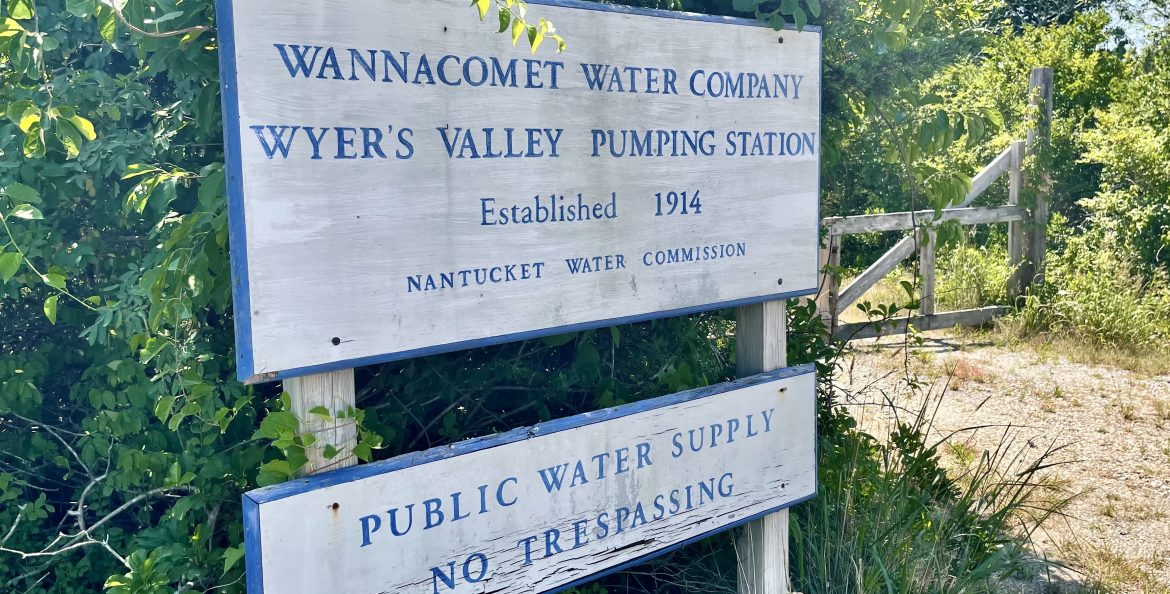Much of the acrimonious debate over the Nantucket public school district’s proposed turf fields has centered around the question of whether they could pose a threat to the island’s sole source aquifer by leaching PFAS, the so-called forever chemicals used to manufacture them. But the man who is perhaps most qualified to answer that question had yet to publicly add his voice to the conversation.
Until Wednesday night.
Mark Willett, the director of the Wannacomet Water Company, which is Nantucket’s public water utility, was put on the spot by Select Board member Dawn Hill Holdgate who asked for his opinion during a wide-ranging discussion on the school’s $17.5 million athletic facilities project.
“We are currently reviewing all the data from both sides, including everything from last night, which was a very informative session,” Willett said, mentioning the School Committee’s workshop session on the topic Tuesday night. “I appreciate that level of experts being involved with Nantucket’s community and getting that type of information. What we need to remember is the existing conditions: there’s PFAS already there.”
Willett, who also serves as an assistant football coach for the Nantucket High School varsity football team, was referencing the soil testing of the school’s existing, natural grass athletic fields conducted last fall which showed “background concentrations” of PFAS already present.
“Last night there was some conversation about one plus one equals two,” Willett said, referring to the assertion that adding turf would increase the level of PFAS leaching into groundwater. “Well, if it’s already there and we replace it with something that has a little bit less, one plus one still equals two. I think the natural field and the artificial field both have potentials to get to our aquifer.”
The family of chemicals known as Per- and polyfluoroalkyl substances, or PFAS, are used to manufacture stain- and water-resistant products, as well as in the turf field manufacturing process, and are suspected to increase the risk of kidney and testicular cancers, as well as other health conditions.
Before making any decision, Willett said he intends to reach out to additional experts around New England and the country to get as much information as possible. He recently met with the school’s consultants from Weston & Sampson to discuss Wannacomet’s monitoring program. He emphasized to the Select Board that there are also concerns about the types of substances needed to keep grass fields viable as well.
“We’ve got to remember, fertilizers aren’t great for the aquifer either,” Willett said. “I’m kind of happy this conversation is going on because for the first time in a long time our aquifer is at the forefront of protection and people are talking about it. Believe me, there’ a lot of things we worry about and PFAS is one of them. The amount of salt on the roads during snow storms, fertilization, overwater use, nitrogen loading, it’s all part of it. We’re thinking real seriously about what can come off of these fields, whether it’s grass or synthetic.”
Select Board member Matt Fee said he appreciated Willett’s comments, but seemed to indicate that PFAS should not be compared with things like fertilizer in terms of the risk they pose.
“The one difference between PFAS and some other things like fertilizer, is that these are forever chemicals and they’re additive,” Fee said. “They never go away. We as a community have to remember that.”






